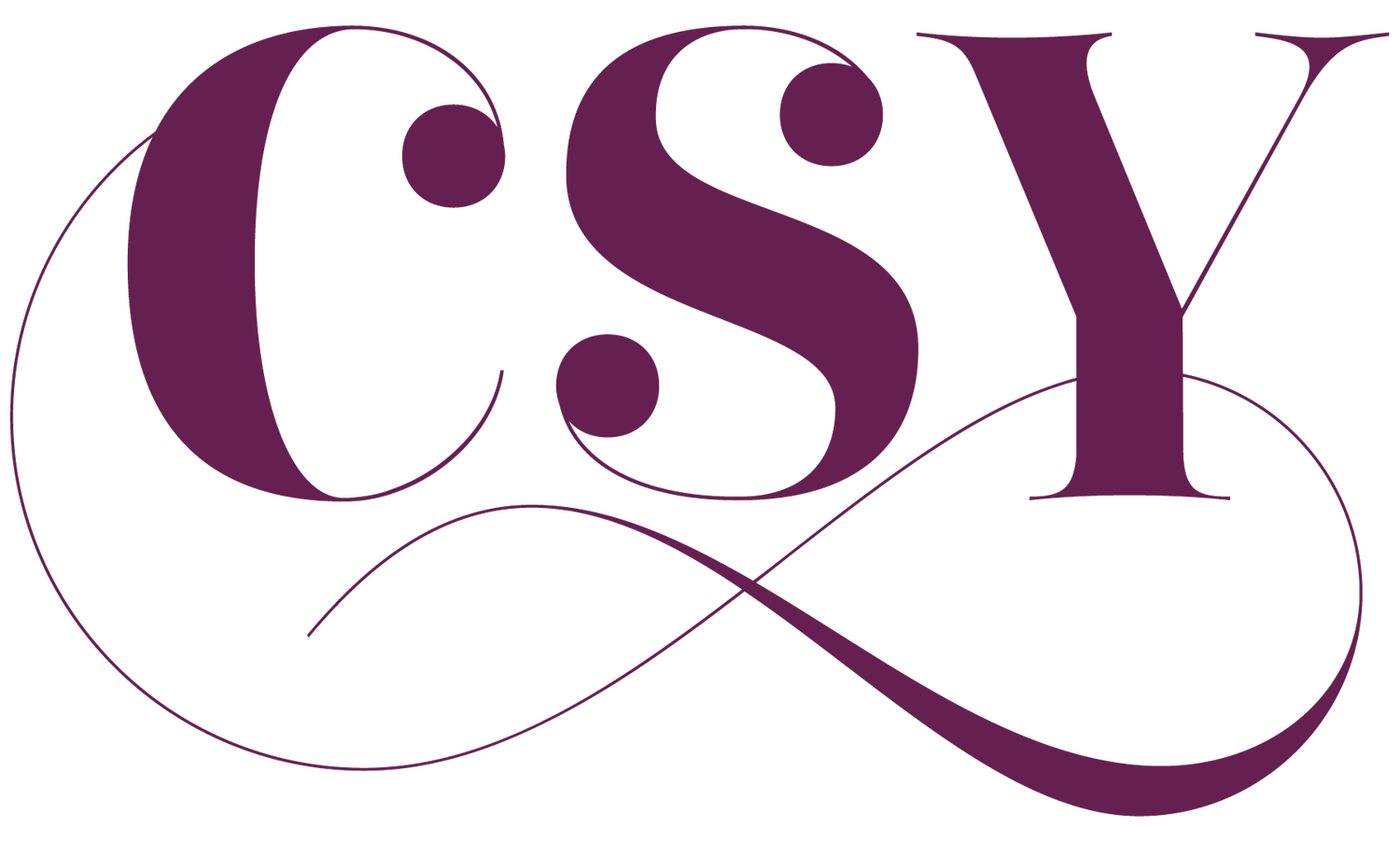Live into the Questions
This is me checking out the gallery in Tuesday’s Form & Flow class to see how everyone was doing with the work I offered. We had a fun class today with a theme based on a consideration Carlos Pomeda gave Monday night in class, inspired from the Vijnana Bhairava. The text starts, like many tantric texts, with Shakti asking Shiva about the nature of Reality, about his true essence. The conversation moves from the theoretical to the means of practice to realize and experience Shiva’s true nature directly. In their dialogue, Shiva cautions Shakti about practicing from the assumption of separation, instructing her instead to practice from the recognition of the Highest, from the assumption of her already-present enlightenment. The caution he offers is that if one practices from a sense of lack, as though they are missing something or need to attain something, then the practice can reinforce the very notion one is trying to overcome.
I told class that this is one of those teachings worth putting on the refrigerator as a reminder to contemplate, as opposed to a teaching that I can expect myself to "do" or to immediately understand and/or integrate. ("Refrigerator Questions" is a concept I learned from Manorama.) I also told the class that anytime one hears a non-dual teaching, it runs the risk of sounding like spiritual bypassing or New Age hooey. Perhaps even worse is when sincere practitioners with perfectionistic tendencies weaponize the teachings against themselves as though they are falling short of an ideal and are somehow “not good enough” because they do not measure up to what they perceive as some kind of yogic standard or exacting commandment.
Truth be told, many days I come to my mat or my cushion more aware of my broken pieces than my wholeness. And because I can only start from where I actually am, rather than where I wish I was, invoking my already-present enlightenment seems far-fetched at best or like a bold-faced lie at worst. And, of course, I shouldn't ignore the reality that many of us practice for a desired outcome-- to feel better, to get stronger, to gain flexibility, to de-stress, to connect with self and others. All of those are good things so I can't imagine the text is saying these reasons are bad somehow. And there is the very real layer of personality that may be "God arising as neurosis” but is also causing us and/or others harm and could use a little work. So that layer is also true.
Like I said, it's a lesson for the fridge.
In Aramaic the word for perfect means "all-embracing," much in the way "purna" (Sanskrit for perfect) means "wholeness or fullness." Even in English, perfect can mean "without flaw," but it can also mean "complete and thorough." So for me, a good doorway into this teaching is to begin practice by fully embracing the whole catastrophe as well as the glorious exaltation of any given moment. All-embracing doesn’t mean I have to enjoy the moment, that I ignore the consequences of harmful moments, or that no action on my part is necessary to transform the moment toward what is less contracted and/or harmful. I think that a full embrace is more like a radical affirmation of what is.
And since I am playing with words today, radical was first an adjective, borrowed in the 14th century from the Late Latin radicalis, itself from Latin radic-, radix, meaning "root." And the earliest uses of radical are indeed all about literal roots, hinging on the meaning "of, relating to, or proceeding from a root.” By 1650, the figurative meaning implied “going to the origin, essential.” And, according to tantric philosophy, the essence or root of every thing and every experience is Shiva, God, the Absolute, or whatever name you have for the Ultimate. In Richard Rohr’s work, he calls this essence the Universal Christ, making a distinction between Jesus the Nazarene and Christ as the creation principle itself. So, many traditions are pointing in the same direction. And, of course, we tend to hear them from the level of our own consciousness as opposed to the level from which they were written.
At any rate, for the purposes of class, I went with the wholeness theme and we had some laughs along the way, embracing even the tendency to feel smug and superior when things go well on the mat. (Turns out there is a dopamine release with feelings of superiority, which explains why it is so hard to give up.) We had some laughs and made some shapes. We had some successes and shared some solidarity in the realization that the poses come and go.
I don’t have a big crescendo of a closing statement today, but I do have a metaphoric refrigerator covered in teachings to consider and questions to live into. One way I think about practice is that it is a means by which I can live into meaningful questions, to allow those questions to steep inside my being and to explore answers that are ever-unfolding. As I grow, my perspectives change so the vantage points from which I am questioning also change, as do the conclusions I draw.
Like that.
Carry on.
Never Miss a Post
Subscribe to receive updates on Christina’s blog



